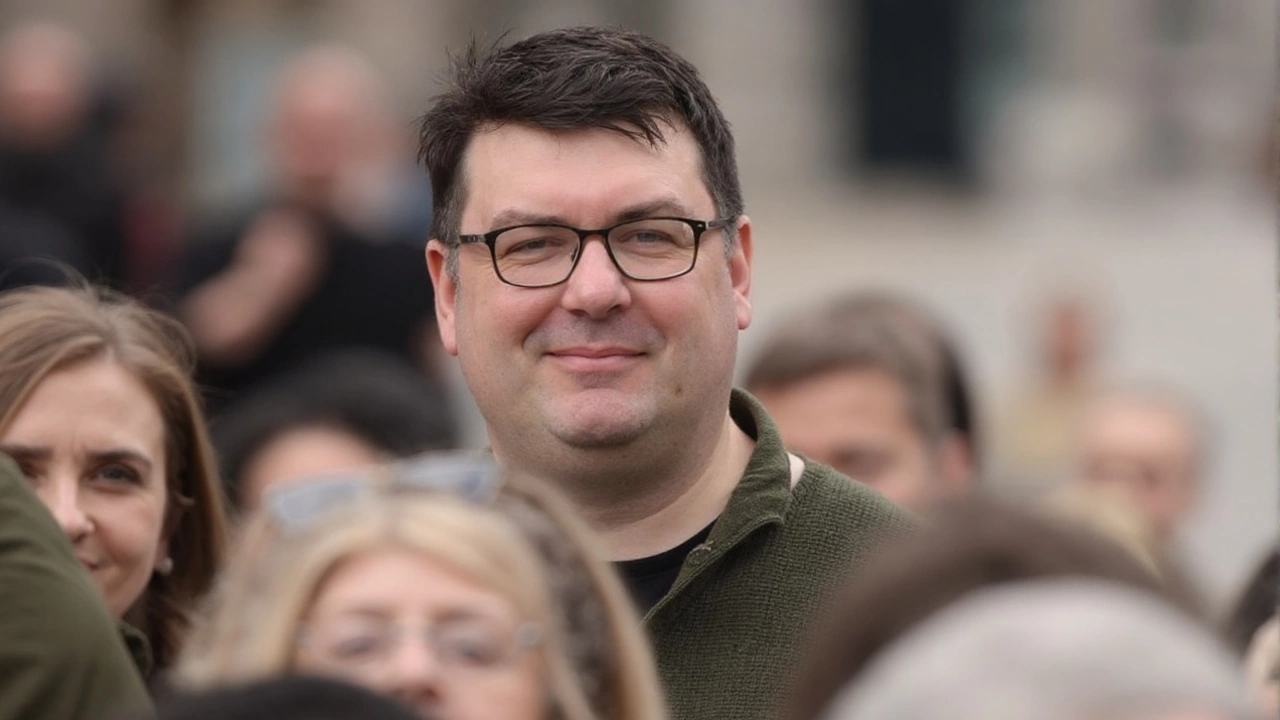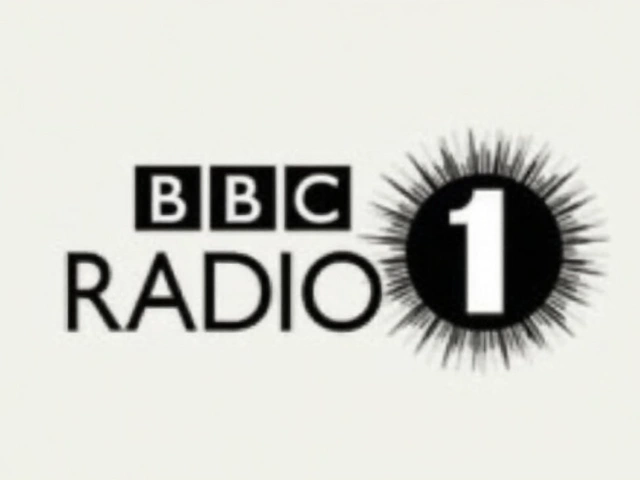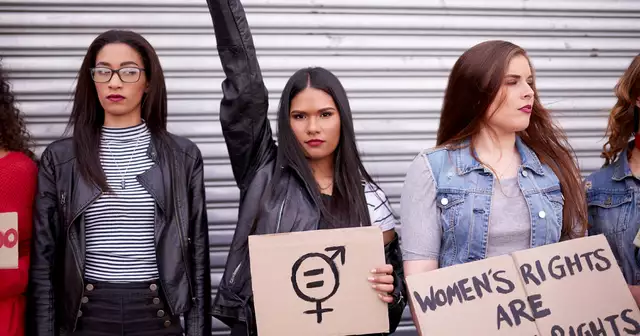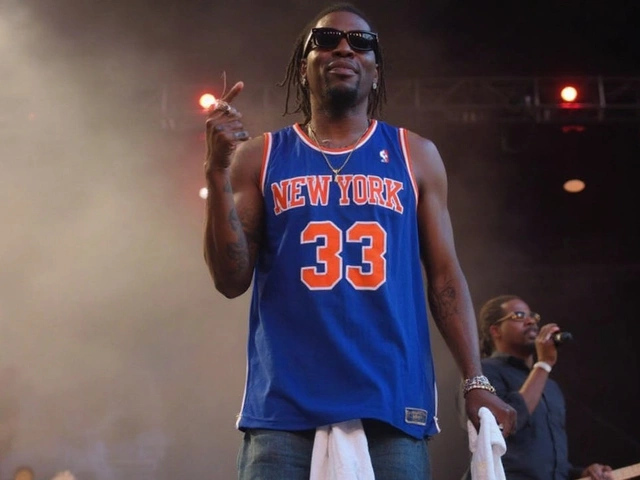What happened at Heathrow
Graham Linehan, the 57-year-old co-creator of Father Ted, The IT Crowd, and Black Books, was arrested by armed officers at Heathrow Airport on Monday, 1 September 2025, moments after stepping off an American Airlines flight from Arizona. The Metropolitan Police said a man in his 50s was detained around 1pm on suspicion of an offence linked to social media posts. Linehan identified himself as the person arrested and released audio of the encounter.
In the recording, an officer informs him: “On 19 April 2025 you published a post on X that was deemed to be intended to stir up hatred and violence on the grounds of sexual orientation.” Linehan reacts angrily, saying: “I am a f------ comedy writer. I wrote Father Ted. Are you an idiot?” He also tells officers they cannot handcuff him “for standing up for women’s rights.”
The arrest centres on posts he made in April asserting that transgender women are men and claiming they pose a risk if they use women-only spaces. He also suggested physical confrontation if calling police did not stop transgender women from entering single-sex facilities. Those posts followed a burst of political and legal argument around single-sex spaces and came shortly after the Equality and Human Rights Commission issued fresh guidance on how service providers could lawfully manage access to women-only settings.
Linehan says five armed officers from the Met’s Aviation Policing unit detained him at the aircraft door. He was taken into custody for questioning, during which he says his blood pressure spiked to “stroke territory.” Police confirmed that, after arriving in custody, officers became concerned for his health and he was taken to hospital. Doctors said his condition was neither life-threatening nor life-changing. He was later discharged and released on police bail.
The single bail condition, according to Linehan, is a bar on posting on X while the investigation continues. He described being treated “like a terrorist” and said the ban amounts to a gag on his political views. He remains free to write elsewhere, but he claims the order chills his ability to engage with a platform where much of the debate he participates in takes place.
Downing Street called it an operational matter for the police and declined to comment on the specifics. A No 10 spokesperson said the government’s focus remains on antisocial behaviour, shoplifting, street crime, and reducing serious violence.
The case has blown open a wider argument about speech and policing. Conservative MPs condemned the arrest. Energy Secretary Claire Coutinho said, “Britain used to be known for its sense of humour. Now the police are arresting people for making jokes.” Health Secretary Wes Streeting, speaking for the Labour government, struck a cooler tone, saying ministers want “police on the streets rather than policing tweets” and would look again at the balance if existing laws are forcing officers into grey areas.
This is not the only legal fight on Linehan’s calendar. He is due at Westminster Magistrates’ Court on Thursday in a separate case, charged with harassing a transgender woman and damaging her phone — allegations he denies.
Linehan has been a central figure in Britain’s gender debate for years. He has repeatedly argued online that transgender women should be excluded from women-only spaces such as toilets, changing rooms, hospital wards, and sports. That stance has seen him praised by gender-critical campaigners and condemned by LGBT groups. He was banned from Twitter before being later reinstated, and several live appearances in recent years have been cancelled after protests and public pressure on venues.

Legal context and political reaction
The offence cited in the arrest audio — “stirring up hatred on the grounds of sexual orientation” — sits in Part 3A of the Public Order Act 1986, as amended. For sexual orientation, the threshold is high: prosecutors must show the words were threatening and that the speaker intended to stir up hatred. Unlike older provisions on race, “abusive or insulting” is not enough for sexual orientation. There is also an explicit free speech safeguard in the statute making clear that discussion or criticism of sexual conduct or practices is not, by itself, a crime.
There is a wrinkle here. The posts described in the complaint were about transgender women. While hostility based on transgender identity can be recorded as a hate crime aggravating factor at sentencing under separate legislation, there is no dedicated “stirring up hatred” offence for transgender identity in England and Wales. That may explain why the officer’s wording referenced sexual orientation. How prosecutors will map the legal categories to the facts, if the case goes that far, is one of several open questions.
Any prosecution for stirring up hatred also needs the consent of the Attorney General. That safeguard is meant to filter borderline cases. Before any charging decision, police gather the posts, the context around them, and any replies or offline consequences that could show intent or risk of violence. Defences often turn on context, tone, and whether the language crosses from harsh opinion into threats.
Police have other routes they can use for online speech, from the Malicious Communications Act 1988 to legacy offences under section 127 of the Communications Act 2003, though those have been under review and, in places, replaced or narrowed in recent years. The Online Safety Act has also reshaped some communications offences. That shifting landscape is one reason the boundaries feel contested both to officers and to the public.
Resources and priorities sit at the heart of the political noise around this case. Ministers of different parties have, at various times, told forces to focus on burglaries, knife crime, and antisocial behaviour, and to be cautious about spending time on social media spats. Courts have pushed in the same direction. In 2021, the Court of Appeal criticised police guidance on recording “non-crime hate incidents,” warning of a “chilling effect” on lawful speech. The College of Policing later tightened the rules to avoid logging complaints that pose no realistic risk of escalation to crime.
Linehan’s arrest goes beyond a recorded “non-crime hate incident.” He was detained on suspicion of a criminal offence at the highest end of the speech spectrum. That helps explain the strong reactions. Supporters say the state is punishing unpopular views. Opponents argue his language goes far past debate and into dehumanising a minority, creating a climate where confrontation is more likely.
Another fault line is the bail restriction. Police can impose conditions to prevent interference with witnesses, protect the public, or stop further offences while inquiries continue. In speech cases, that often means limits on direct contact with complainants or bans on posting about a specific person or topic. A platform-wide ban, like not posting on X at all, is unusual but not unheard of. Defence lawyers typically challenge broad bans as a form of prior restraint, especially if the alleged offence relates to a narrow set of posts.
There’s also the question of how officers assess risk. If a post suggests “physical confrontation,” police will look for whether that reads as a call to violence, a reckless encouragement, or a poorly phrased appeal to call the authorities. The surrounding thread, replies, reposts, and any offline incidents linked to the post will matter. So will Linehan’s long online history, because prosecutors often argue that patterns show intent rather than clumsy language.
The free speech guardrails in law are real, but they are not a blank cheque. UK law protects robust debate, satire, and even offensive opinions. It does not protect threats. For the sexual orientation stirring-up offence, the Crown Prosecution Service must be satisfied that the words were threatening, that hatred was the aim, and that a prosecution is in the public interest. In practice, that bar is rarely cleared compared to other communications offences.
Politics is never far from these decisions. Ministers cannot tell police whom to arrest in a live case. But they can reshape the framework. Streeting’s comment that the government will check whether “the balance is right” signals that officials are watching. If prosecutors decline to charge, critics will say the arrest never should have happened. If they press on, the Attorney General’s office will be drawn in and the courts will get another chance to set the line.
Linehan’s past makes him a lightning rod. His supporters argue he voices concerns many women share about privacy and safety in single-sex spaces. His critics point to his habit of misgendering and say his rhetoric encourages harassment of a group already facing high levels of abuse. Both sides will claim vindication depending on what the police and CPS do next.
The timing adds pressure. The EHRC’s guidance on single-sex services, though framed as clarification, has been treated by both campaigners and critics as a political signal. Service providers now have firmer ground to exclude trans women from women-only areas if they can justify it as a proportionate means to a legitimate aim. That has heightened the stakes of online rows, because policies turn on how the public, and staff, interpret risk and safety in real settings.
Armed officers at an airport, audio recorded arrests, a hospital dash, and a social media ban — it’s an arrest that feels made for the digital age. Yet the eventual decision point will be old-fashioned: does the evidence show criminal intent to stir up hatred, under a statute with built-in free speech protections? The answer will matter beyond this case. It will shape how police approach other high-profile figures, and how social media users gauge what crosses the line from sharp argument into unlawful threat.
For now, the file remains open. Linehan is on bail, the posts are under the microscope, and the Met faces scrutiny from both Parliament and the public. Whatever the outcome, the case has already forced a fresh look at where UK law draws the boundary between hard-edged opinion and incitement — and whether police are the right people to patrol it at the airport gate.





